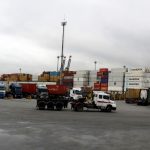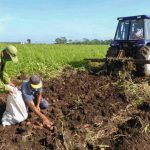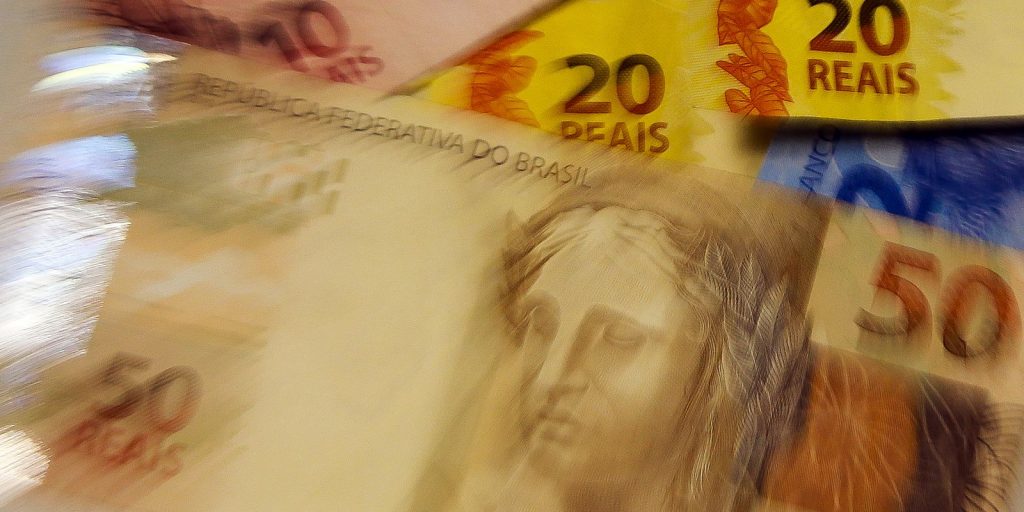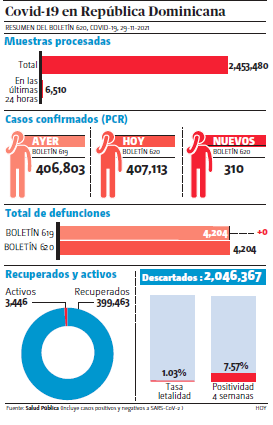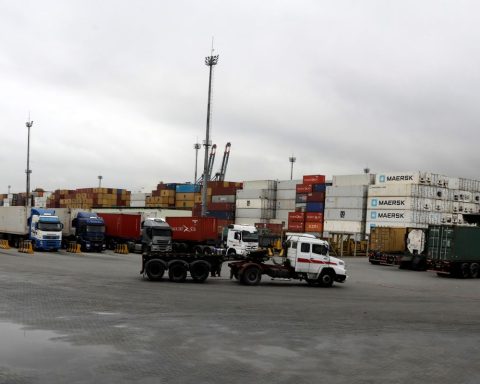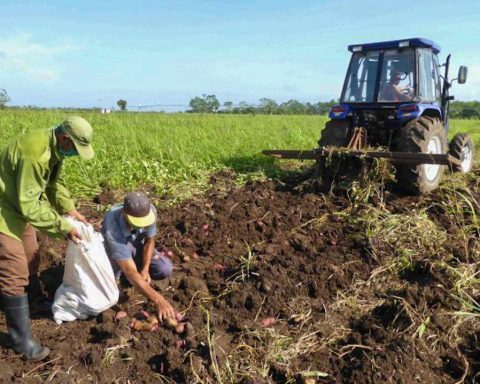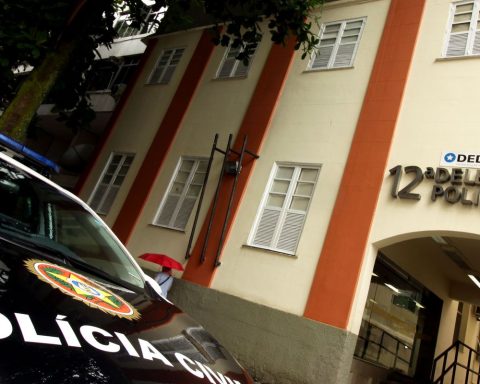ANDhe world is alert and scared with the appearance of a new variant of SARS-CoV-2 that emerged in South Africa and has no less than 55 mutations in the genome compared to the original virus that emerged in the Chinese city of Wuhan, with a high level of contagion in that country. The planet does not yet know how dangerous is what for today has been baptized with omicron, the fifteenth letter of the Greek alphabet.
The first precautionary measure that several European countries have taken in the face of the threat is the closure of air traffic with South Africa, despite the fact that the World Health Organization (WHO) did not recommend this, because in the future it could lead other countries to hide the outbreak of new variants in order to avoid those circulation restrictions that have a high economic impact.
However, the WHO itself, which has had a conservative, controversial and highly criticized behavior in the handling of the pandemic in the world, has called it a “worrying variant” and experts do not hesitate to affirm that omicron is the variant most mysterious known to date since the virus appeared in the world, two years ago.
The main reason for the global alarm is the presumed high transmissibility of the new variant, but so are the properties associated with mutations in the spike of the virus.
Science has asked for a few weeks to study and determine the scope of omicron and to know where its greatest threats lie. Meanwhile, there is no alternative but to resume biosafety practices that are being neglected in the country and in the world as if the pandemic had ended.
That is, the use of the chinstrap, maintain social distance, avoid crowds and closed places, and mainly vaccinate the population.
In this last point, Bolivia has a regrettable deficit at this point, because almost half of the population has not been protected even with the first dose. It is not conceivable that the need for vaccination depends on the will of the people, and in many cases on the absurd prejudices that still persist in many of them, in which they think that the vaccine will bring other negative consequences for health or those who they still think that a human control system comes in it, as if what was injected were a chip.
The State has to assume a greater commitment to vaccination. However, what can be expected if Vice President David Choquehuanca himself, the country’s second political authority, has not been vaccinated for who knows for what reasons?
Although vaccination is not mandatory, it is necessary to adopt pressure measures as many countries already do, where vaccinated people have open doors for everything, and those who are not do not have the right to access certain places and services.
Not only to enter restaurants or public places, but even to access an exam at the university, to go to work sources and use public services such as transportation, it should be a requirement to present some evidence of vaccination.
It will also be necessary to organize and better inform about the different accesses to vaccination: some are those of younger ages, others are those who will receive the third dose and others who must be vaccinated with the first and second doses. With an organized, systematic, persuasive plan and good information to the population, it is possible to resume the effort to obtain a significant percentage of the vaccinated population.
ANDhe world is alert and scared with the appearance of a new variant of SARS-CoV-2 that emerged in South Africa and has no less than 55 mutations in the genome compared to the original virus that emerged in the Chinese city of Wuhan, with a high level of contagion in that country. The planet does not yet know how dangerous is what for today has been baptized with omicron, the fifteenth letter of the Greek alphabet.
The first precautionary measure that several European countries have taken in the face of the threat is the closure of air traffic with South Africa, despite the fact that the World Health Organization (WHO) did not recommend this, because in the future it could lead other countries to hide the outbreak of new variants in order to avoid those circulation restrictions that have a high economic impact.
However, the WHO itself, which has had a conservative, controversial and highly criticized behavior in the handling of the pandemic in the world, has called it a “worrying variant” and experts do not hesitate to affirm that omicron is the variant most mysterious known to date since the virus appeared in the world, two years ago.
The main reason for the global alarm is the presumed high transmissibility of the new variant, but so are the properties associated with mutations in the spike of the virus.
Science has asked for a few weeks to study and determine the scope of omicron and to know where its greatest threats lie. Meanwhile, there is no alternative but to resume biosafety practices that are being neglected in the country and in the world as if the pandemic had ended.
That is, the use of the chinstrap, maintain social distance, avoid crowds and closed places, and mainly vaccinate the population.
In this last point, Bolivia has a regrettable deficit at this point, because almost half of the population has not been protected even with the first dose. It is not conceivable that the need for vaccination depends on the will of the people, and in many cases on the absurd prejudices that still persist in many of them, in which they think that the vaccine will bring other negative consequences for health or those who they still think that a human control system comes in it, as if what was injected were a chip.
The State has to assume a greater commitment to vaccination. However, what can be expected if Vice President David Choquehuanca himself, the country’s second political authority, has not been vaccinated for who knows for what reasons?
Although vaccination is not mandatory, it is necessary to adopt pressure measures as many countries already do, where vaccinated people have open doors for everything, and those who are not do not have the right to access certain places and services.
Not only to enter restaurants or public places, but even to access an exam at the university, to go to work sources and use public services such as transportation, it should be a requirement to present some evidence of vaccination.
It will also be necessary to organize and better inform about the different accesses to vaccination: some are those of younger ages, others are those who will receive the third dose and others who must be vaccinated with the first and second doses. With an organized, systematic, persuasive plan and good information to the population, it is possible to resume the effort to obtain a significant percentage of the vaccinated population.
;






